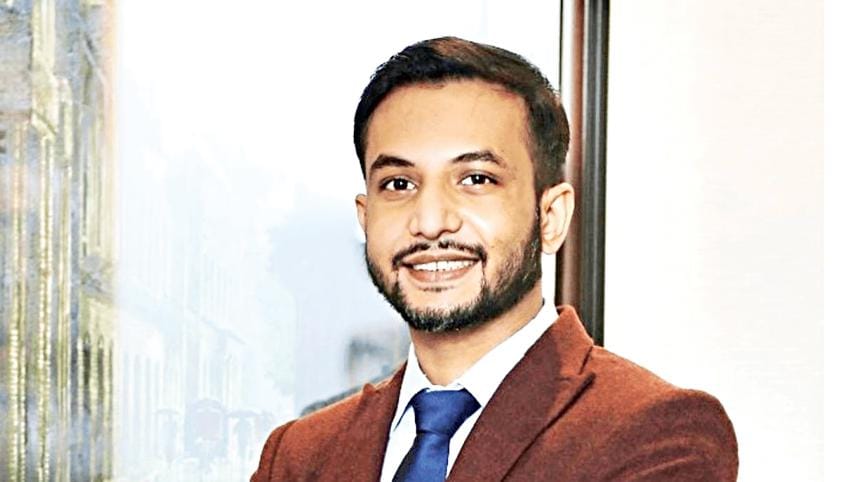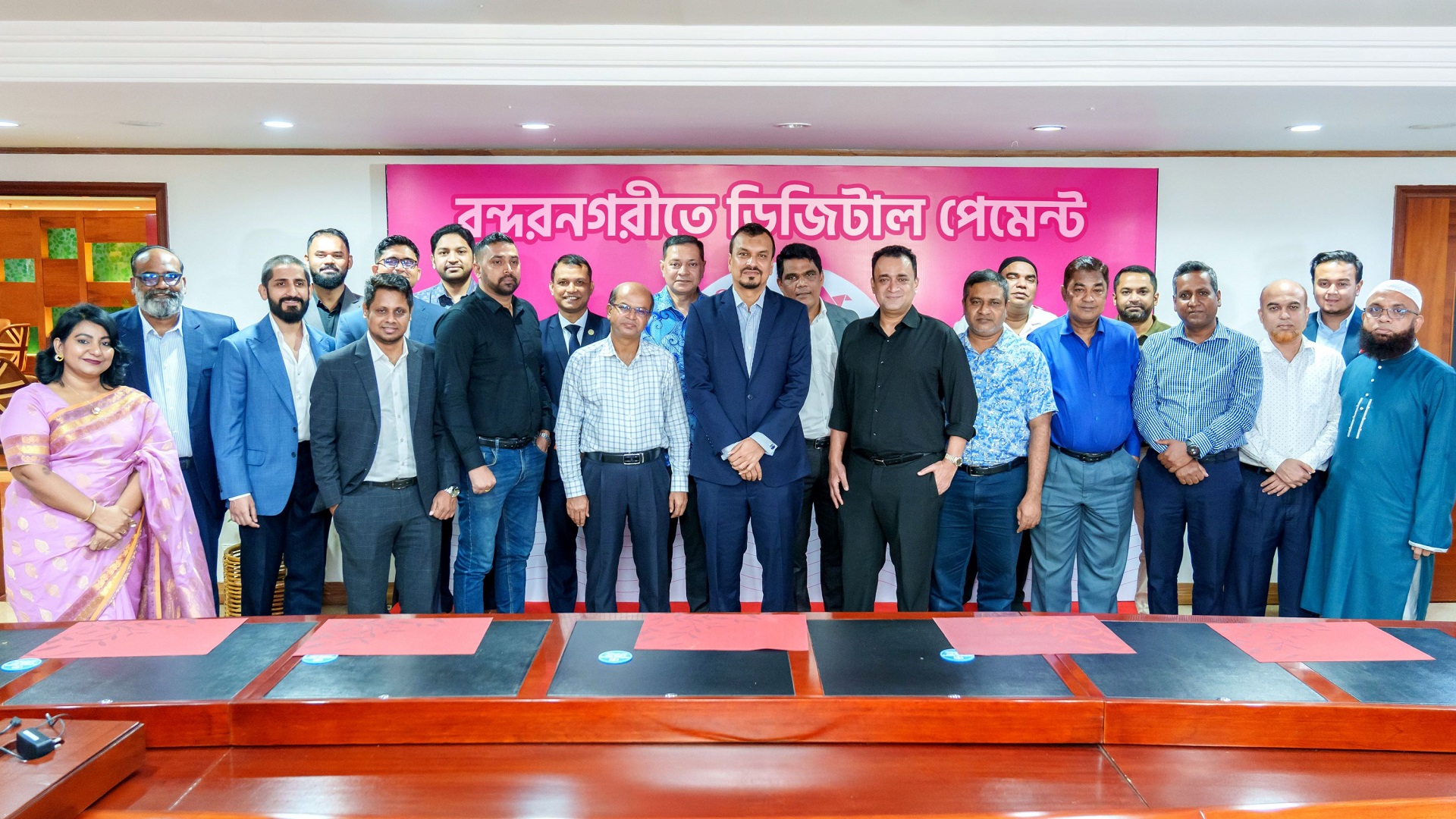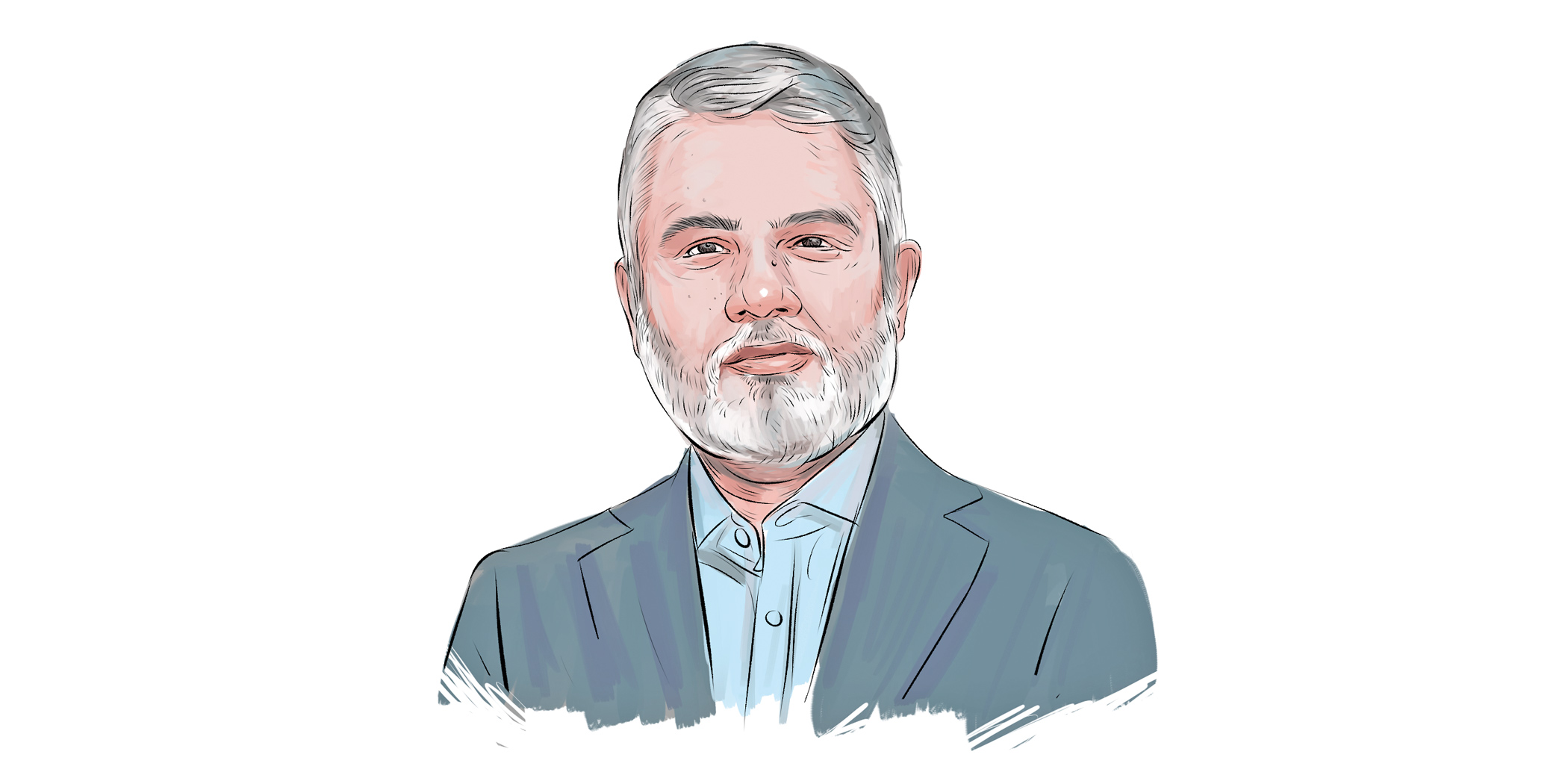Bangladesh’s digital payment revolution

As full interoperability launches on November 1, 2025, Bangladesh stands on the verge of its most transformative financial reform since the birth of mobile money, one that could turn inefficiency into inclusion and cash into data-driven growth.
Bangladesh Bank's directive enabling interoperability across banks, mobile financial services (MFS) and payment service providers (PSPs) is more than regulatory reform; it is the foundation of a unified digital economy. For the first time, funds can move seamlessly between previously separate platforms, transforming how 170 million people interact with money.
Despite progress in digital payments, cash still dominates. In December 2024, 71.7 percent of all transactions were cash-based, costing the economy about Tk 20,000 crore annually in cash management and an estimated Tk 2,23,000 crore in lost tax revenue. Interoperability aims to turn these inefficiencies into inclusion, creating transparency and trust across the financial system.
Until now, MFS providers like bKash, Nagad and Rocket have expanded access but operated as closed systems. Banks, too, built isolated digital platforms, creating friction instead of synergy. The new framework uses the National Payment Switch Bangladesh (NPSB) as the connective layer linking every bank account and wallet.
A garment worker in Dhaka who once withdrew cash to send money home can now transfer funds instantly from her bank account to her mother's wallet in Khulna, with no intermediaries needed. Multiply that by millions, and the macroeconomic impact becomes transformative. Transparent, low-cost pricing will support adoption: Tk 1.5 per Tk 1,000 for bank-to-MFS transfers and up to Tk 8.5 for reverse flows. This simplicity encourages trust and predictability.
Digital rails cut transaction costs while creating auditable trails that expand the tax base. Every tea stall, small trader or construction worker paid digitally contributes to a more visible, formal economy. The Tk 20,000 crore lost to cash logistics and Tk 2,23,000 crore to tax opacity represent capital that could fund health, education and infrastructure. Interoperability thus aligns efficiency with equity.
For fintech firms and digital banks, interoperability is the oxygen for innovation. It enables universal merchant acceptance through Bangla QR, allowing any customer to pay any merchant regardless of the provider. With standardised QR codes, small traders and pharmacies can accept digital payments with a single sticker, reducing onboarding costs by up to 60 percent.
It also unlocks data-driven credit. When transaction histories are visible across institutions, alternative scoring can support lending to women, youth and small entrepreneurs. A rural repairer with consistent digital income can now qualify for microcredit, financial inclusion powered by data, not paperwork.
Three enablers make this shift tangible. First, Bangla QR allows universal payment acceptance and fund transfers. Second, White Label Agent Networks (WLANs) empower millions of existing and potential agents to serve customers of any bank or wallet through cash deposits and withdrawals, expanding rural reach and deepening inclusion. Third, Payment Initiation Services (PIS), third-party mobile apps, enable fund transfers and merchant payments from multiple bank accounts and wallets owned by an individual.
Execution will test institutional readiness more than technology. Cybersecurity, consumer protection and data governance will determine long-term success. India's UPI shows the power of open APIs, while MFS highlights the importance of human networks. Bangladesh must combine both, open infrastructure with inclusive agent reach.
Interoperability shifts the question from how to move money to how payments can power a connected digital economy. Done right, this reform will not just upgrade payments but lay the foundation for an inclusive, data-driven economy.
The writer is a digital banking and fintech strategist. He can be reached at hasan_syd21@yahoo.com.au




 For all latest news, follow The Daily Star's Google News channel.
For all latest news, follow The Daily Star's Google News channel. 

Comments